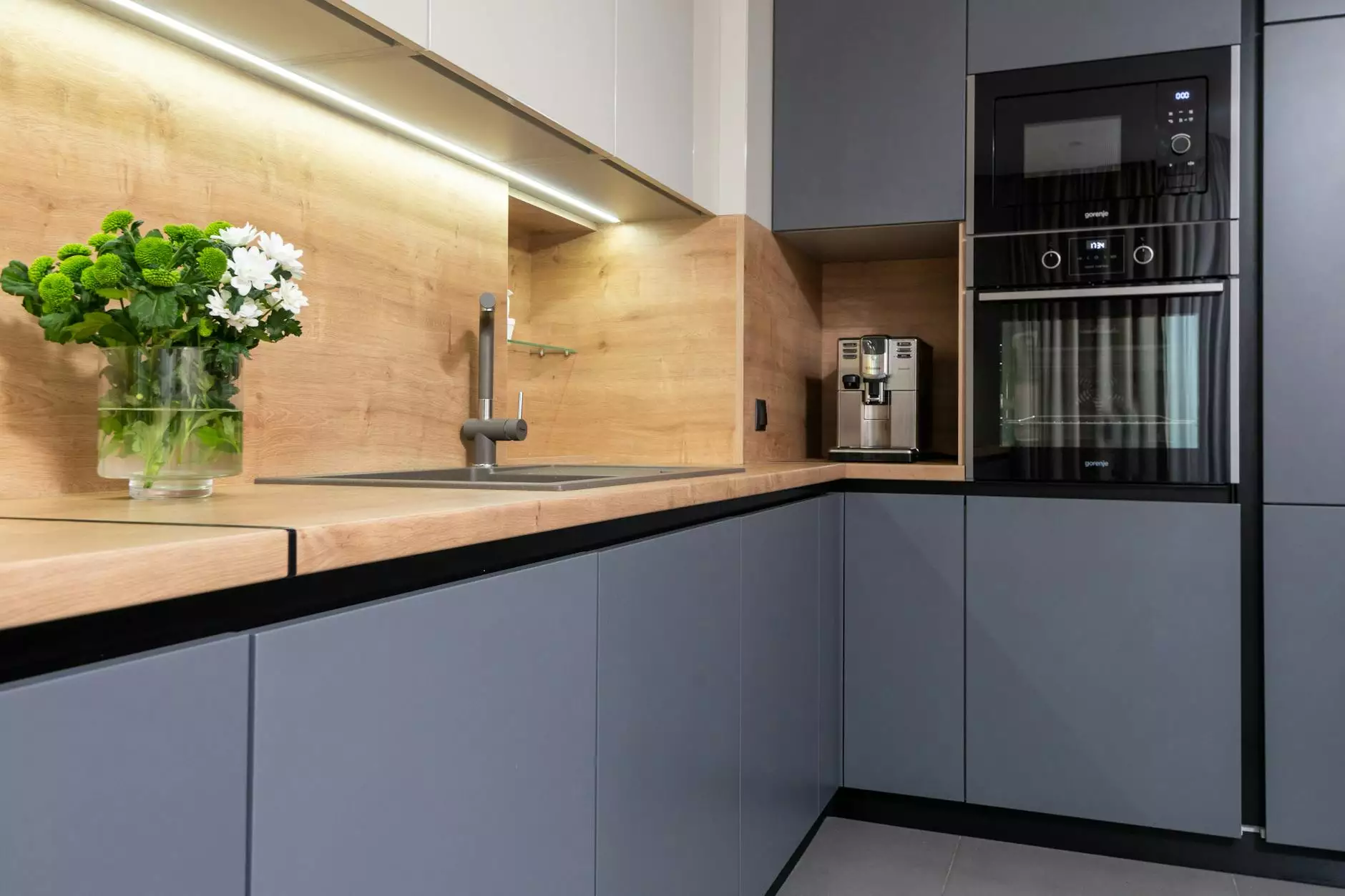Understanding Volumetric Concrete Plants: A Modern Approach to Construction
In the ever-evolving world of construction, efficiency and quality are paramount. One innovative solution that has gained traction is the volumetric concrete plant. This advanced machinery offers a unique method of manufacturing concrete, delivering numerous advantages over traditional batching methods. In this article, we will deep dive into what a volumetric concrete plant is, its features, benefits, applications, and why it is a game-changer for the construction industry.
What is a Volumetric Concrete Plant?
A volumetric concrete plant is a mobile concrete mixer that combines concrete ingredients in precise proportions as per the needs of the project. Unlike traditional batch plants, which mix concrete in advance and transport it in a ready-mix truck, volumetric plants allow for on-site mixing. They store the raw materials separately and mix them at the point of delivery, ensuring fresh concrete that meets specific requirements for every job.
Key Components of a Volumetric Concrete Plant
Understanding the components of a volumetric concrete plant can help one appreciate its functionality:
- Cement Storage: Contains bags or bulk cement that will be mixed with water and aggregates.
- Aggregate Bins: Storage compartments for sand and gravel that can be measured and mixed as needed.
- Water System: Delivers water to the mixer in precise amounts.
- Control System: Integrates computerized controls to manage the mixing process, ensuring accuracy and efficiency.
- Mixing Chamber: Where the ingredients come together to create the concrete.
The Advantages of Using a Volumetric Concrete Plant
The rise of volumetric concrete plants in the construction sector is no accident. Here are some compelling reasons why companies are investing in this technology:
1. Fresh Concrete on Demand
One of the primary benefits of a volumetric concrete plant is the ability to produce fresh concrete on-site. This eliminates waste as only the necessary amount of concrete is mixed, and it remains workable until it is used, ensuring the best performance.
2. Cost Efficiency
Using volumetric concrete plants can significantly reduce costs associated with transportation and waiting times. Traditional ready-mix trucks may charge for travel time and may not offer flexibility in fluctuating demands, whereas a volumetric mixer can produce the exact amount needed at the precise moment.
3. Enhanced Flexibility
These plants are incredibly adaptable, capable of handling various mix designs. Whether it’s adjusting the concrete mix for a specific project requirement or scaling up production, volumetric concrete plants can easily accommodate changing specifications.
4. On-Site Quality Control
Operating a volumetric concrete plant allows contractors to exercise greater control over quality. By mixing onsite, they ensure that the mixture meets all applicable standards, reducing the risk of issues related to transportation and premature curing.
5. Environmentally Friendly
Reduced waste and fuel consumption make the volumetric concrete plant a greener option. By minimizing the carbon footprint associated with long-haul concrete transport, these machines align with sustainability goals.
Applications of Volumetric Concrete Plants
The versatility of volumetric concrete plants makes them suitable for a wide range of applications, including:
- Residential Construction: Ideal for pouring driveways, foundations, and patios.
- Commercial Projects: Perfect for office buildings, retail spaces, and warehouses.
- Infrastructure Development: Used for roadworks, bridges, and public utilities.
- Landscaping: Suited for decorative concrete installations and garden projects.
- Repair and Maintenance: Optimum for restoration projects requiring custom mixes.
How to Operate a Volumetric Concrete Plant
Operating a volumetric concrete plant requires skill and knowledge. Here’s a step-by-step guide on the operation process:
1. Preparing for Mixing
Before mixing starts, ensure that all materials are available and the equipment is functioning properly. Ensure that the cement, aggregates, and water are loaded and the mixing chamber is clean.
2. Setting Mix Design
Using the control panel, input the desired mix design. The system will automatically compute the necessary quantities of each component.
3. Mixing Process
Activate the mixer; as it begins to rotate, the materials will be accurately weighed and fed into the mixing chamber. This process ensures an even blend and optimal consistency.
4. Dispensing Concrete
Once mixed, concrete can be dispensed directly from the mixer. The operator can control the flow to fill forms accurately and efficiently.
5. Quality Assurance
Conduct tests on-site to confirm that the concrete meets the required specifications. Check for slump consistency and perform strength tests where necessary.
Challenges and Considerations When Using Volumetric Concrete Plants
While volumetric concrete plants provide numerous advantages, it is essential to recognize potential challenges:
1. Technical Expertise Required
Operating a volumetric concrete plant requires skilled personnel familiar with the machinery and mixing processes. Training is crucial to ensure safety and efficiency.
2. Maintenance Obligations
Regular maintenance of the equipment is essential to prevent breakdowns. This includes cleaning the mixing chamber, checking the calibration of scales, and ensuring the integrity of hoses and valves.
3. Regulatory Compliance
It's vital to adhere to local regulations regarding concrete mixing and environmental impact. Familiarize yourself with any licensing required for using and operating these plants.
Choosing the Right Volumetric Concrete Plant
When selecting a volumetric concrete plant, consider the following factors:
- Production Capacity: Assess how much concrete needs to be produced daily.
- Mobility: If your projects vary in location, consider a more mobile unit.
- Customizability: Choose a plant that allows for multiple mix designs.
- Technological Features: Look for modern control systems that enhance operational efficiency and provide data for project management.
- Service Support: Ensure that the dealer offers robust support, including maintenance and training.
Conclusion
The volumetric concrete plant represents a smart investment for businesses focused on efficiency, quality, and sustainability in the construction industry. By providing fresh concrete on demand, these plants help reduce waste and ensure that projects meet the highest standards of quality. With flexibility to adjust mix designs, the applications are virtually limitless, from residential to commercial to infrastructure development. For construction firms looking to innovate, embracing this technology crafted by Polygonmach can enhance productivity and client satisfaction.






